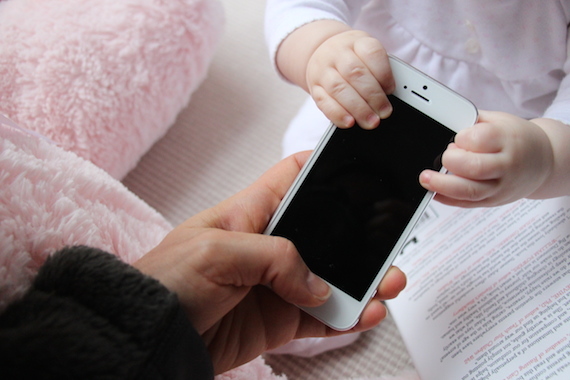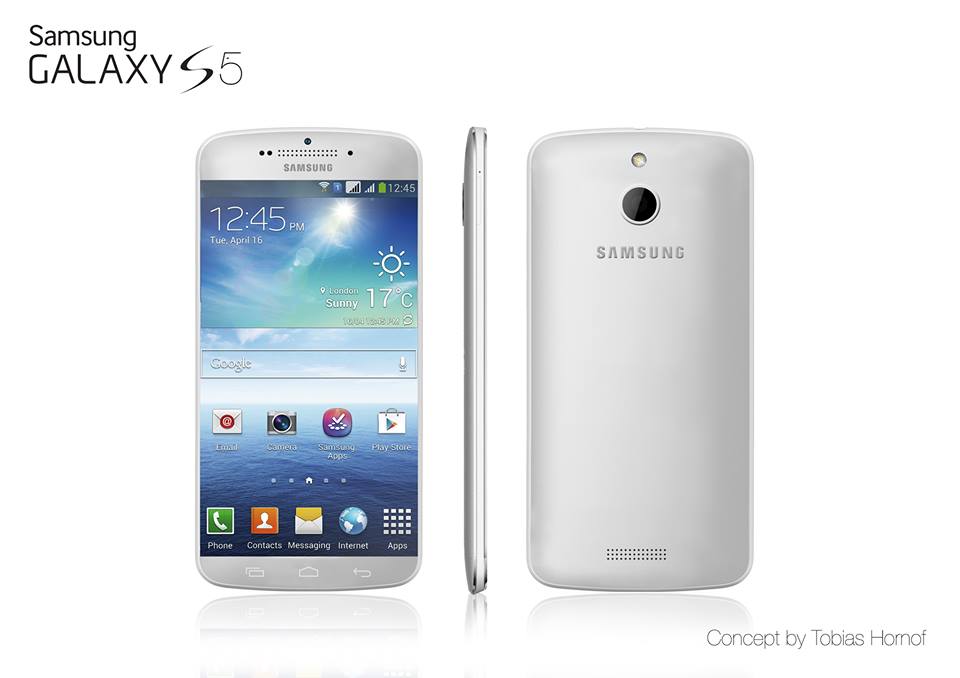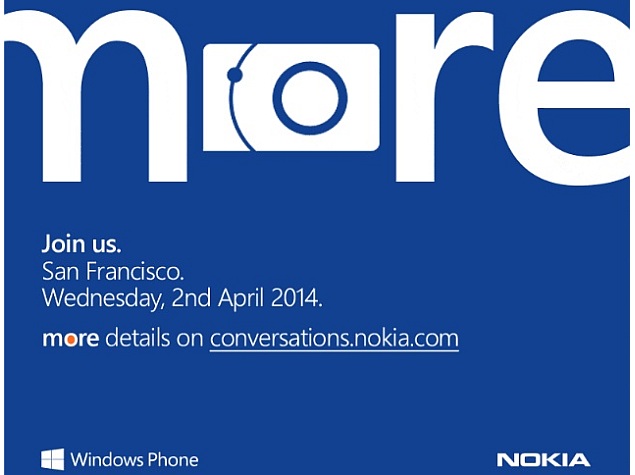I went to a lecture recently by a woman who I wish was my therapist. In just an hour, Catherine Steiner-Adair, Ed.D., a Boston-based, soft-spoken, clinical psychologist and co-author of The Big Disconnect: Protecting Family and Childhood Relationships in the Digital Age, got me to rethink my entire approach to parenting.
When I'm checking my phone or emailing on my computer, I know I'm not at my best as a mom. I kind of hear the kids' voices clamoring for my attention as I focus on the task at hand (or at fingertip), but not really. I know I tell them to "hold on," and I don't always say it so nicely. I can't seem to think and talk. They have to wait a minute. Mommy is busy. I'm physically there, but I'm an absentee mom. I'm like a crack addict, stopping whatever I'm doing with them if I hear the ping of a text. But then, wait, kids? Where'd you go?
1. Don't use your phone as an alarm clock. Set a real alarm, turn it off and roll inward, towards your spouse, for a quick hug or touch, before rolling outward to check your phone. It's telling your spouse that he's your priority. To be good parents, you need to maintain your relationship as a couple first.
2. Do all your email checking before the kids get up. Get up earlier. They need parents not to be checking while they go through the huge transition of preparing for their day at school. Be a scrambled eggs parent. Give them your undivided attention when they need it most.
3. No phones for anyone on the way to school. Kids hate it when parents check email or talk on the phone as they drop them at school. It makes them feel like they don't matter, leaving them powerless and lost. They're going through typical anticipatory anxiety before the school day. They need you to be there, really there. Definitely don't let your kids be on an iPad themselves; they need to be preparing themselves for this transition, not distracting themselves.
4. When you pick them up from school, don't tell them you can't wait to hear about their day, but then respond to a text. They won't believe you. It doesn't feel good to them. It's only a few minutes a day. Don't squander it.
5. When the kids walk in the door from school, don't let them start playing computer games. It's another important transition time. Let them calm down and acclimate, don't let them self-stimulate. Promote imaginative play, not reactive play on a screen. Let them learn the social emotional intelligence that comes from interacting with their siblings and friends. They need to learn the ability to talk, the capacity to listen and self-regulate. They don't get that on a device.

6. When you walk in the door, don't be on the phone. Finish your conversation or text exchange outside. Don't quickly peck hello and then say you have to go check email. If you're not ready for that, come home later. Plug into your family when you're there.
7. No devices at meals. Period.
8. Don't deal with your phone as you put the kids to bed. Wait until they fall asleep and then go back to whatever you need to do.
9. Share your family values about technology. Talk to kids about what it's okay to do. Remind them that any texts they send are not private. Link their accounts to yours so you can see what they send and receive. Teach the art of conversation. Talk about when to have dinner, don't just send a text: "Dinner? 7 pm?" Teach them kindness, not the snarky, witty, fast responses of online banter. Teach kids the capacity for solitude, a time they can connect to themselves, without feeling anxious or bored.
I walked out of the lecture and resisted the urge to immediately check my phone. It had been an hour. Could I make it another one? I heard Steiner-Adair's voice in my head: "It'll be hard, but it's important. It's an addiction you have to cure." I left the phone in my purse and decided to open my eyes to the world around me.
Of course it isn't realistic to stop emailing or answering texts. But I can learn to manage better. I've disabled the sound of texts coming in. I'll check when I want, not when it wants. I'm going to follow some email time guidelines. I'm also only going to open an email if I pass the following test: "Is this a situation in which it would be appropriate to start opening a bill?" I'm going to battle this addiction until email becomes something I contend with, preferably from my computer, not something that rules my life and affects the well-being of my children. I will manage it. I have to. Now I just have to figure out how to get on Steiner-Adair's patient list.
When I'm checking my phone or emailing on my computer, I know I'm not at my best as a mom. I kind of hear the kids' voices clamoring for my attention as I focus on the task at hand (or at fingertip), but not really. I know I tell them to "hold on," and I don't always say it so nicely. I can't seem to think and talk. They have to wait a minute. Mommy is busy. I'm physically there, but I'm an absentee mom. I'm like a crack addict, stopping whatever I'm doing with them if I hear the ping of a text. But then, wait, kids? Where'd you go?
1. Don't use your phone as an alarm clock. Set a real alarm, turn it off and roll inward, towards your spouse, for a quick hug or touch, before rolling outward to check your phone. It's telling your spouse that he's your priority. To be good parents, you need to maintain your relationship as a couple first.
2. Do all your email checking before the kids get up. Get up earlier. They need parents not to be checking while they go through the huge transition of preparing for their day at school. Be a scrambled eggs parent. Give them your undivided attention when they need it most.
3. No phones for anyone on the way to school. Kids hate it when parents check email or talk on the phone as they drop them at school. It makes them feel like they don't matter, leaving them powerless and lost. They're going through typical anticipatory anxiety before the school day. They need you to be there, really there. Definitely don't let your kids be on an iPad themselves; they need to be preparing themselves for this transition, not distracting themselves.
4. When you pick them up from school, don't tell them you can't wait to hear about their day, but then respond to a text. They won't believe you. It doesn't feel good to them. It's only a few minutes a day. Don't squander it.
5. When the kids walk in the door from school, don't let them start playing computer games. It's another important transition time. Let them calm down and acclimate, don't let them self-stimulate. Promote imaginative play, not reactive play on a screen. Let them learn the social emotional intelligence that comes from interacting with their siblings and friends. They need to learn the ability to talk, the capacity to listen and self-regulate. They don't get that on a device.

6. When you walk in the door, don't be on the phone. Finish your conversation or text exchange outside. Don't quickly peck hello and then say you have to go check email. If you're not ready for that, come home later. Plug into your family when you're there.
7. No devices at meals. Period.
8. Don't deal with your phone as you put the kids to bed. Wait until they fall asleep and then go back to whatever you need to do.
9. Share your family values about technology. Talk to kids about what it's okay to do. Remind them that any texts they send are not private. Link their accounts to yours so you can see what they send and receive. Teach the art of conversation. Talk about when to have dinner, don't just send a text: "Dinner? 7 pm?" Teach them kindness, not the snarky, witty, fast responses of online banter. Teach kids the capacity for solitude, a time they can connect to themselves, without feeling anxious or bored.
I walked out of the lecture and resisted the urge to immediately check my phone. It had been an hour. Could I make it another one? I heard Steiner-Adair's voice in my head: "It'll be hard, but it's important. It's an addiction you have to cure." I left the phone in my purse and decided to open my eyes to the world around me.
Of course it isn't realistic to stop emailing or answering texts. But I can learn to manage better. I've disabled the sound of texts coming in. I'll check when I want, not when it wants. I'm going to follow some email time guidelines. I'm also only going to open an email if I pass the following test: "Is this a situation in which it would be appropriate to start opening a bill?" I'm going to battle this addiction until email becomes something I contend with, preferably from my computer, not something that rules my life and affects the well-being of my children. I will manage it. I have to. Now I just have to figure out how to get on Steiner-Adair's patient list.





 Has the Cold War returned? Russian ministers might think so. Recently,
ministers in the country exchanged their Apple iPads for tablets made by
Samsung. It seems that the iOS flavored slabs do not offer enough
security, and those working in the government feel that the iPads can no
longer handle sensitive information. On the other hand, Russian
minister Nikolai Nikiforov says that the new Samsung branded slates are "
Has the Cold War returned? Russian ministers might think so. Recently,
ministers in the country exchanged their Apple iPads for tablets made by
Samsung. It seems that the iOS flavored slabs do not offer enough
security, and those working in the government feel that the iPads can no
longer handle sensitive information. On the other hand, Russian
minister Nikolai Nikiforov says that the new Samsung branded slates are " Three new high-end BlackBerry models are on the way, according to the
Canadian manufacturer's CEO, John Chen. The executive also reveled that
these models are going to be designed for "
Three new high-end BlackBerry models are on the way, according to the
Canadian manufacturer's CEO, John Chen. The executive also reveled that
these models are going to be designed for " LG announced on Thursday how it plans on releasing the LG G2 mini.
Starting next month, the device will be launched in certain Russian
territories. Shortly thereafter, the Korean manufacturer will roll out
the device through Europe, Asia, Latin America, the Middle East and
Africa. Pricing and further details of the phone's availability will be
made known in the appropriate local markets in the weeks ahead.
LG announced on Thursday how it plans on releasing the LG G2 mini.
Starting next month, the device will be launched in certain Russian
territories. Shortly thereafter, the Korean manufacturer will roll out
the device through Europe, Asia, Latin America, the Middle East and
Africa. Pricing and further details of the phone's availability will be
made known in the appropriate local markets in the weeks ahead.







 It looks like BlackBerry, which is experiencing some really hard times,
won't go out without a fight. Numerous leaks and rumors hint us that the
company could be working on a whole plethora of new devices, such as
the enigmatic Windermere and the mysterious Ontario. But BlackBerry might have even more in tow for us, as the recent BlackBerry OS 10.3 leak reveals some additional codenames for smartphones, which the Waterloo maker could be secretly working on.
It looks like BlackBerry, which is experiencing some really hard times,
won't go out without a fight. Numerous leaks and rumors hint us that the
company could be working on a whole plethora of new devices, such as
the enigmatic Windermere and the mysterious Ontario. But BlackBerry might have even more in tow for us, as the recent BlackBerry OS 10.3 leak reveals some additional codenames for smartphones, which the Waterloo maker could be secretly working on.

 Gary Oldman has had quite a Hollywood career portraying a number of
characters including a Wizard, a Russian Assasin and even Lee Harvey
Oswald. Now he has a new gig as HTC One (M8) spokesman. Oldman replaces Robert Downey Jr., who allegedly received $12 million for a sorry excuse of a commercial.
Not that we could blame him as he had to work with the material he was
given. And who the heck is going to turn down a $12 million pay day?
Gary Oldman has had quite a Hollywood career portraying a number of
characters including a Wizard, a Russian Assasin and even Lee Harvey
Oswald. Now he has a new gig as HTC One (M8) spokesman. Oldman replaces Robert Downey Jr., who allegedly received $12 million for a sorry excuse of a commercial.
Not that we could blame him as he had to work with the material he was
given. And who the heck is going to turn down a $12 million pay day? We've already seen wearables from Pebble and Samsung, as well as the Android Wear platform which will offer options from LG and Motorola
to start and manufacturers like Fossil, HTC, Asus, and Samsung signed
on to make devices later on. There is also the endlessly rumored Apple
iWatch, but of course you can never count out the Windows Phone and
Nokia. While Microsoft hasn't made any mention of how Windows will
translate to wearables, it is almost a given that the work is happening.
And, new word has it that Nokia has plans as well.
We've already seen wearables from Pebble and Samsung, as well as the Android Wear platform which will offer options from LG and Motorola
to start and manufacturers like Fossil, HTC, Asus, and Samsung signed
on to make devices later on. There is also the endlessly rumored Apple
iWatch, but of course you can never count out the Windows Phone and
Nokia. While Microsoft hasn't made any mention of how Windows will
translate to wearables, it is almost a given that the work is happening.
And, new word has it that Nokia has plans as well.
 Last year, HTC issued an HTC One mini,
which was small only in name, as it still had the BoomSound speakers at
the front, making the tall aluminum frame appear much larger than what a
4.3" display usually warrants. We don't know if this will be the case
with an eventual HTC One M8 mini this year, but the original is quite
huge, when compared to some other 5-inchers out there.
Last year, HTC issued an HTC One mini,
which was small only in name, as it still had the BoomSound speakers at
the front, making the tall aluminum frame appear much larger than what a
4.3" display usually warrants. We don't know if this will be the case
with an eventual HTC One M8 mini this year, but the original is quite
huge, when compared to some other 5-inchers out there. 














 Google has made an interesting addition to the Google Play Store in
Australia that we're hoping extends to more regions around the globe:
the Google Play Store now highlights apps and games that were made by
local developers in Australia. The new section is aptly named "Made in Australia", which uncovers some interesting offerings
Google has made an interesting addition to the Google Play Store in
Australia that we're hoping extends to more regions around the globe:
the Google Play Store now highlights apps and games that were made by
local developers in Australia. The new section is aptly named "Made in Australia", which uncovers some interesting offerings
 Limited to Apple iPhones running iOS 7.1, the Cupertino gang is testing
out something that makes so much sense, you have to wonder why it wasn't
done before. Right now, when you search for an app in the App Store,
the results include other apps written by the same developer, or "
Limited to Apple iPhones running iOS 7.1, the Cupertino gang is testing
out something that makes so much sense, you have to wonder why it wasn't
done before. Right now, when you search for an app in the App Store,
the results include other apps written by the same developer, or "